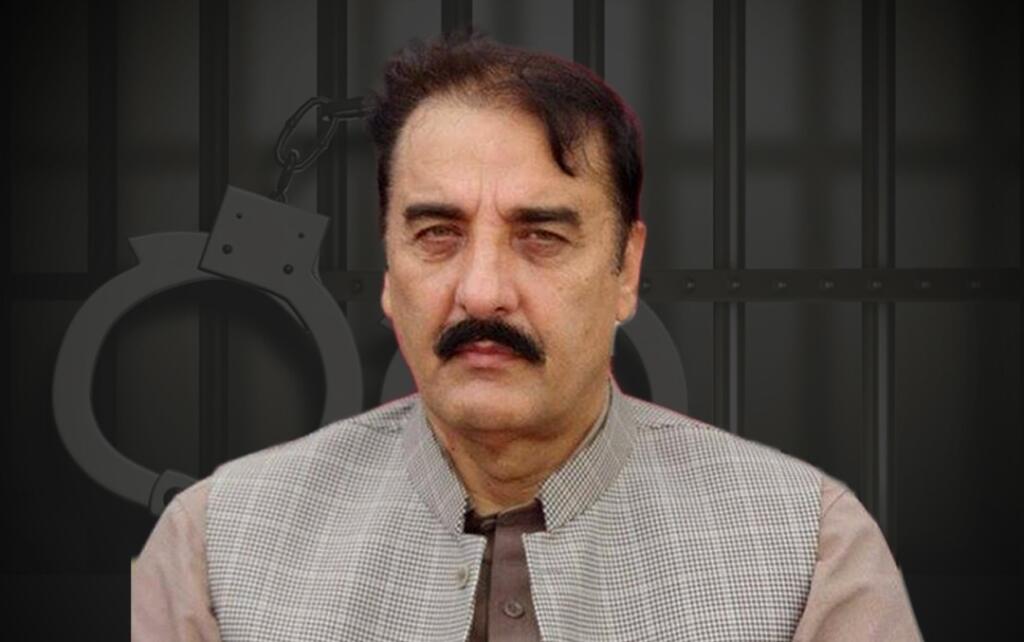Government of Pakistan Accuses Liaquat Ali Chatha of Mental Illness Amid Allegations: Family Doctors Dispute Claims
In a dramatic twist following Liaquat Ali Chatha’s explosive allegations of election manipulation, the Pakistan government has taken a contentious step by labeling him as mentally ill. Chatha, the Rawalpindi Commissioner who recently resigned from his position, asserted that the results of the February 8 general elections were manipulated under his watch, prompting swift denials and counterattacks from government officials.
Chatha’s claims sent shockwaves through the political landscape, prompting immediate responses from authorities. However, instead of addressing the allegations head-on, the government opted to cast doubt on Chatha’s mental state, questioning his credibility and motives. This move has stirred controversy and raised concerns about the government’s handling of dissenting voices.
In a bid to discredit Chatha’s accusations, government officials have insinuated that his claims stem from mental instability rather than genuine concerns about electoral integrity. This tactic has been met with strong opposition, particularly from Chatha’s family doctors, who have vehemently refuted the government’s assertions.
According to Chatha’s family doctors, he is in excellent physical and mental health, debunking any insinuations of mental illness. Their statements underscore the government’s attempt to undermine Chatha’s credibility and divert attention from the serious allegations of election manipulation.
This development has sparked widespread condemnation and calls for transparency and accountability within the government. Critics argue that instead of addressing the substance of Chatha’s allegations, the government is resorting to character assassination and deflecting attention from the issue at hand.
Furthermore, by attempting to discredit Chatha’s mental fitness, the government risks undermining public trust in its institutions and eroding the credibility of the electoral process. The decision to label a prominent public figure as mentally ill without concrete evidence raises questions about the government’s commitment to upholding democratic principles and respecting dissenting voices.
As the controversy continues to unfold, it is imperative for the government to address the allegations of election manipulation with the seriousness they deserve. Casting aspersions on Chatha’s mental health only serves to distract from the core issue and undermines public confidence in the government’s ability to ensure free and fair elections.
In the face of mounting pressure, the government must reconsider its approach and prioritize transparency and accountability. Dismissing legitimate concerns by labeling individuals as mentally ill sets a dangerous precedent and threatens the democratic fabric of Pakistan.


